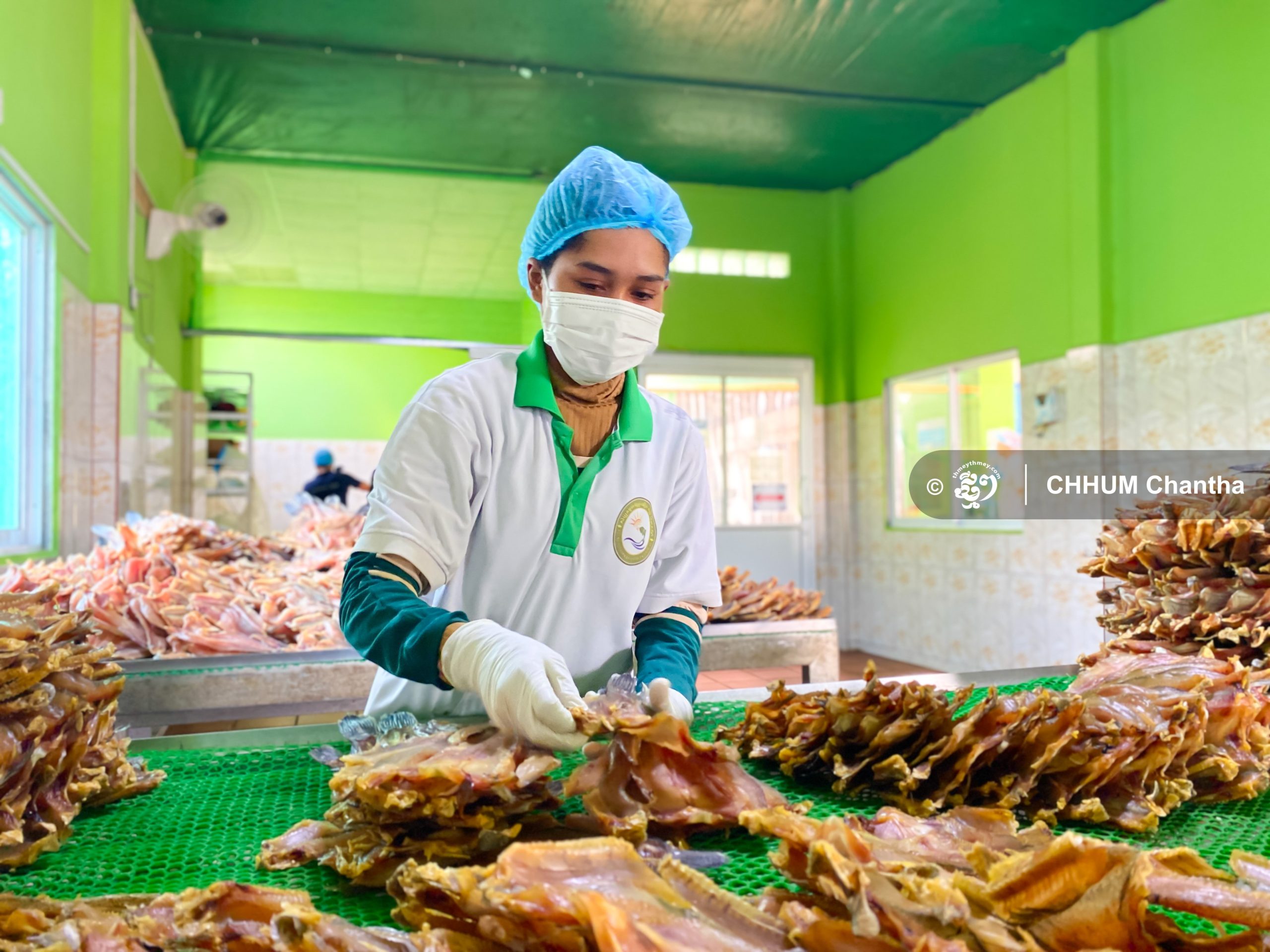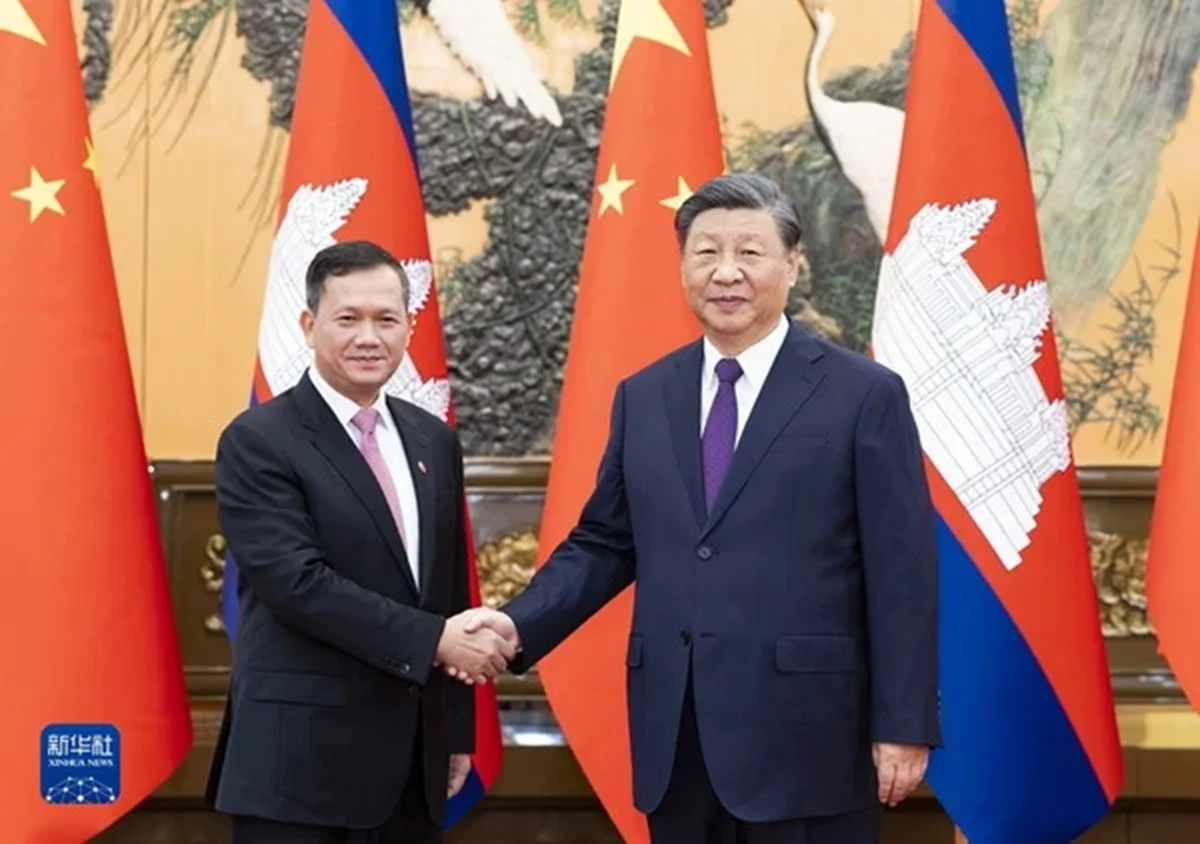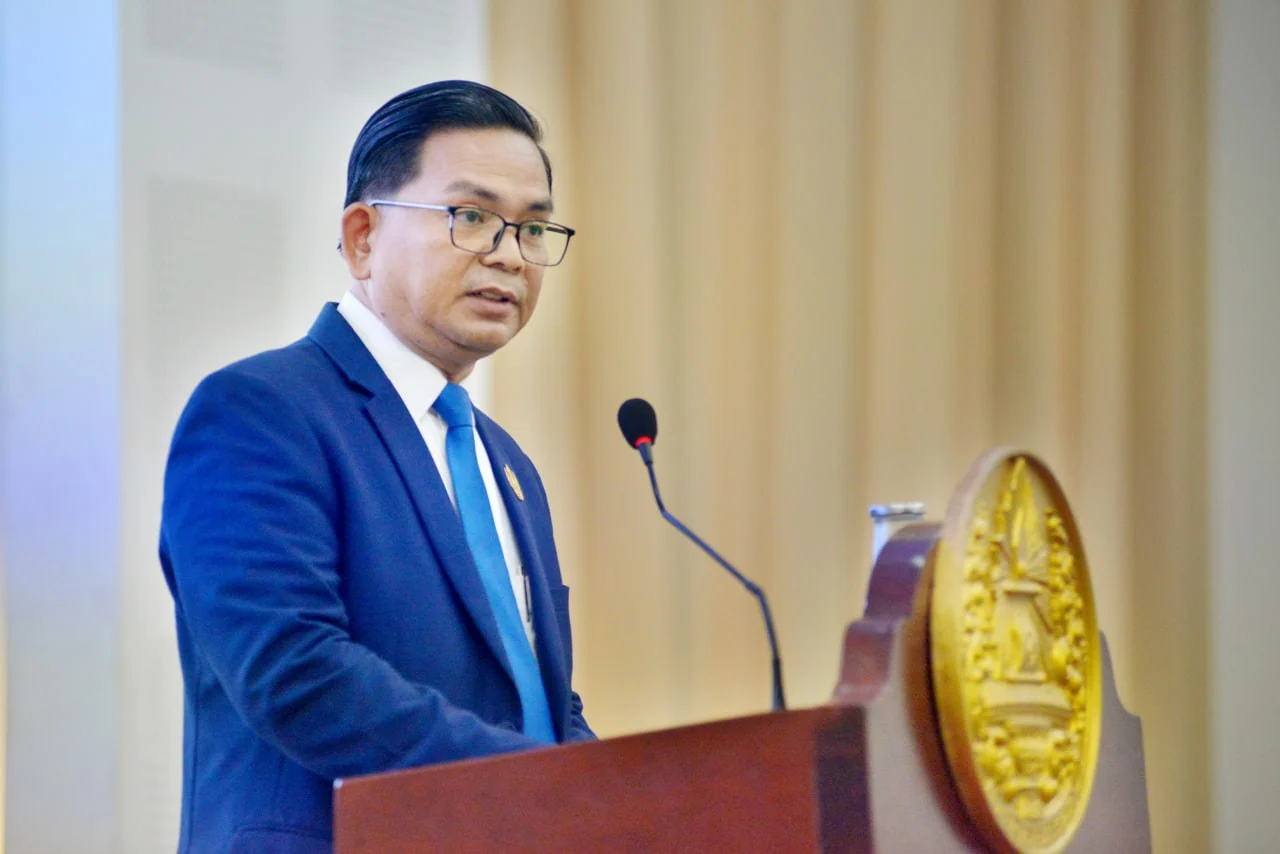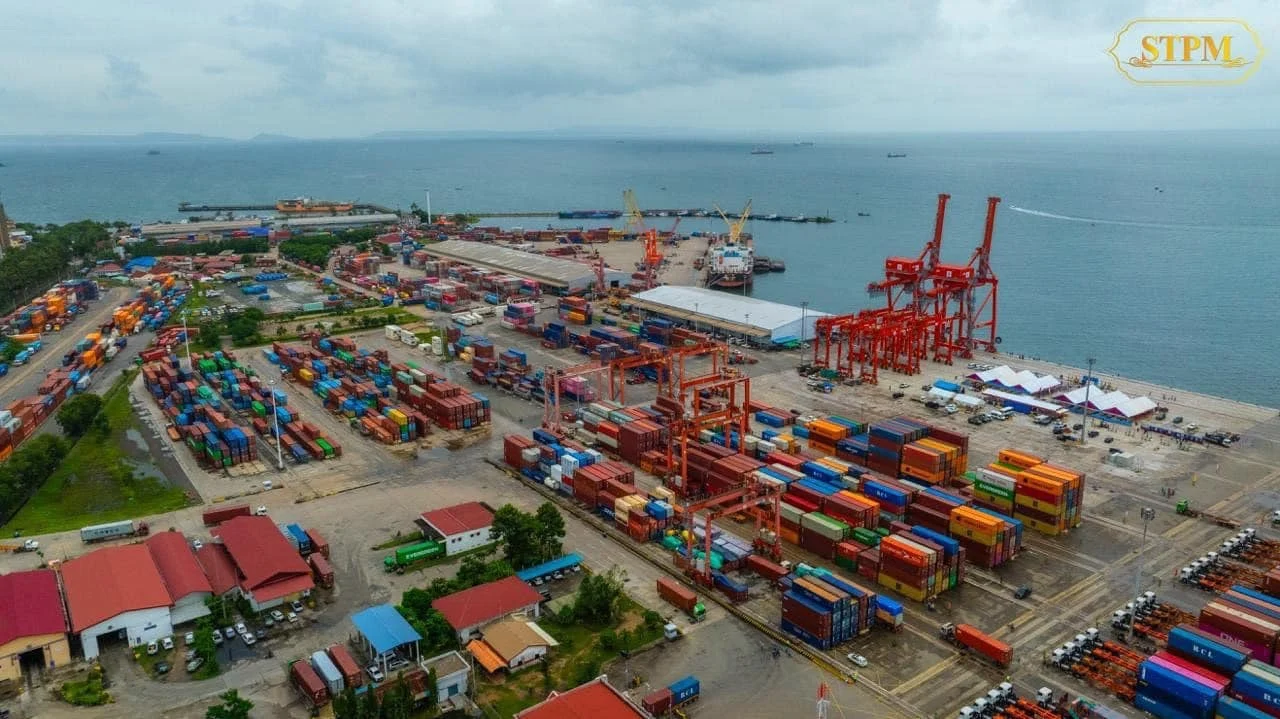The CAPFISH-Capture project, which has been instrumental in establishing a robust food safety inspection system within Cambodia’s fishery sector over the past six years, is set to conclude in December 2025. Mr. Poum Sotha, Delegate of the Royal Government in charge as the Director General of the Fisheries Administration, lauded the European Union-funded initiative as a resounding success. Despite the project’s completion, Cambodia remains steadfast in its commitment to upholding rigorous food safety compliance within the processed fishery industry, positioning itself for continuous international export.
During the closing workshop for “CAPFISH-Capture” (Result 1) held on October 6, Mr. Poum Sotha elaborated on the project’s significant achievements. Supported by the European Union (EU) and jointly implemented by the Fisheries Administration of the Ministry of Agriculture, Forestry and Fisheries, alongside the United Nations Industrial Development Organization (UNIDO) since 2019, the CAPFISH-Capture project successfully accomplished three critical components. These included enhancing the capacity of competent authorities to inspect fishery products, strengthening the private sector’s capabilities, and advancing research and development in fishery product processing technologies.
The senior official expressed immense pride in these crucial accomplishments, recognizing their substantial contribution to the development of fishery product processing. Specifically, these efforts have elevated the quality and safety of fishery products, playing a vital role in safeguarding public health and significantly boosting the competitiveness of Cambodian fishery products in both domestic and international markets.
CAPFISH-Capture was designed with a clear objective: to modernize Cambodia’s fisheries sub-sector to meet stringent international standards and facilitate access to global markets, including the demanding European Union. Through dedicated planning and unwavering commitment, the project has yielded numerous key outcomes. Notably, twenty-two Cambodian fishery enterprises have successfully obtained the Cambodia Quality Seal (CQS) certification for fishery products. Furthermore, nine enterprises are actively utilizing the CamTrace digital monitoring system. The project also ensured the consistent implementation of sample collection and food safety quality monitoring tests, adhering to the National Action Plan (NAP) 2020-2024, a crucial prerequisite for EU compliance.
In parallel with these achievements, the project is actively engaged in surveying and inspecting enterprises to register those that fully qualify for exporting fishery products to international markets, including the EU. With strategic support from UNIDO, promising enterprises are currently implementing comprehensive food safety management systems and HACCP (Hazard Analysis and Critical Control Points) protocols. This preparation is vital for the upcoming audit by DG-SANTE (Directorate-General for Health and Food Safety) of the European Union, anticipated in 2026, which is a key step for EU market access. Looking ahead, the project has already laid out a new National Action Plan (NAP) for the 2025-2029 period, outlining the next phase of its initiatives.
Mr. Poum Sotha further emphasized that the work within the processed fishery sector is far from over. Cambodia aims to leverage additional benefits by continuing to implement the National Residue Monitoring Program (NRMP) for aquatic animal drugs and chemicals in aquaculture. Efforts will also focus on expanding the application of the CQS system to ensure the sustainability of project achievements, broadening the digital traceability system across the value chain to include aquaculture farms, fishing vessels, and middlemen, and consistently registering aquaculture farms while promoting the adoption of Good Aquaculture Practices (GAqP).
Cambodian fishery products are already officially exported to diverse international markets such as China, South Korea, Australia, and New Zealand. This demonstrates Cambodia’s proven capability in establishing an effective and reliable food safety and quality control system. Currently, Cambodia stands prepared for the forthcoming audit by the European Union’s Directorate-General for Health and Food Safety (DG SANTE), which is expected to take place in 2026.
Moving forward, the Fisheries Administration and its key stakeholders will concentrate on three vital areas: continuous training and capacity building for officials and private sector partners, strengthening the implementation of technology and innovation, and fostering robust cooperation both domestically and internationally.
Mr. Poum Sotha expressed confidence that the fishery processing sector will continue to develop and improve significantly. This positive trajectory aligns with the growing support for local products and the ongoing enhancement of processing enterprises to meet both national and international standards.
UNIDO has reaffirmed its unwavering commitment to assisting Cambodia in meeting global standards and expanding its market reach. Mr. Sok Narin, UNIDO Country Representative, added that Cambodia’s progress is a testament to strong leadership and the collective efforts of all stakeholders at every level. He concluded by stating, “We are building a resilient fishery sector that can thrive and enter highly competitive international markets, standing together in unity and solidarity.”






